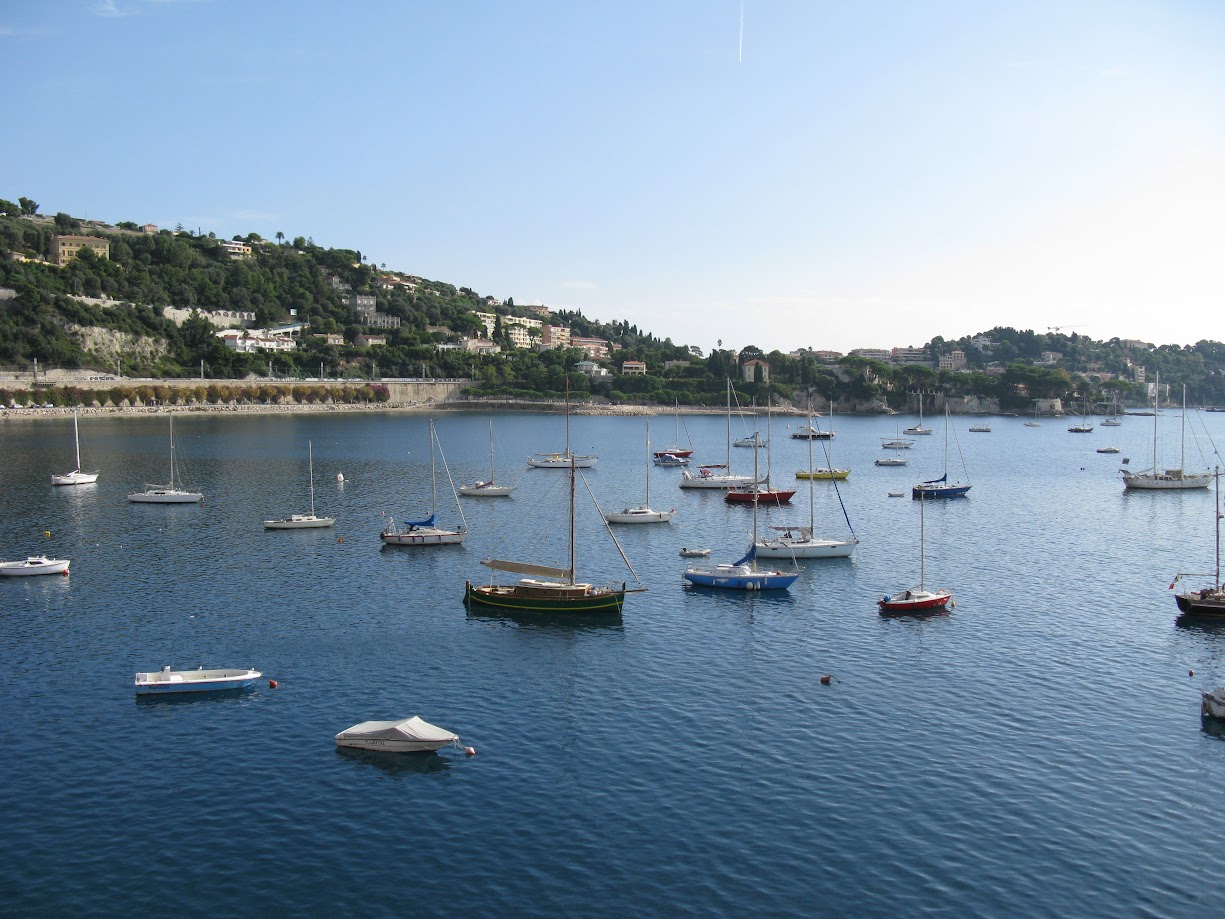Category: archive
-
Serengeti Safari by Jennifer, NYC
I decided to go on a safari in Africa – not so unusual. However, all of the travel information I was able to dig up in preparation for this life
-
Meeting News from New York
The March meeting has been cancelled as Laurie, the New York Chair will be away on business in LA. If anyone would like to help Laurie or stand in as
-
Boxing Day Sports Festival in Mikindani by Matt Maddocks
Having been nothing but impressed with the way the Mikindani Sports Club or ‘Klabu ya Uboreshaji’ (the club’s Swahili name which means improving oneself through sports) was been run, I
-
2004 Travel Photographer Competition
The 2004 Travel Photographer of the Year competition opens for entries on February 22. Following a successful first year in 2003, in which photographers from 34 countries submitted just under
-
Port Moresby, Papua New Guinea by Iona Hill
The capital Port Moresby has a fairly poor reputation, in part deserved, but then, all large cities have their problems. Having said this, Port Moresby is not a large city,
-
The Black Sea
Where exactly is the Black Sea? It is formed by three rivers: the Danube, the Dnieper and the River Don and is bordered by six countries: Romania, Bulgaria, Turkey, Georgia,
-
Angkor Artichokes by Dave Fuller
“Artichoke. It’s like a hard, rough, green flower.” The gears in my head whirred away as I searched for a description. All around me, serene faces carved out of stone
-
Gilberto Gil Gives Me A Lift! By Tony Annis
Globetrotters Committee member Tony, a professional photographer and journalist writes: Going home in a black cab in London, not surprising, but being dropped home by the ‘Minister Of Culture’ certainly
-
Buenos Aires, my city is the city that never sleeps by Nélida G. Vila
La “noche porteña”. Buenos Aires at night. If you are planning to come to Buenos Aires, and you think to go out during the day and rest at night. Please,
-
Traveller’s Diseases: Cholera
What is it: cholera is an acute, diarrhoea illness caused by infection of the intestine with the bacterium Vibrio cholerae via contaminated drink or shellfish. Transmission happens through contaminated water

